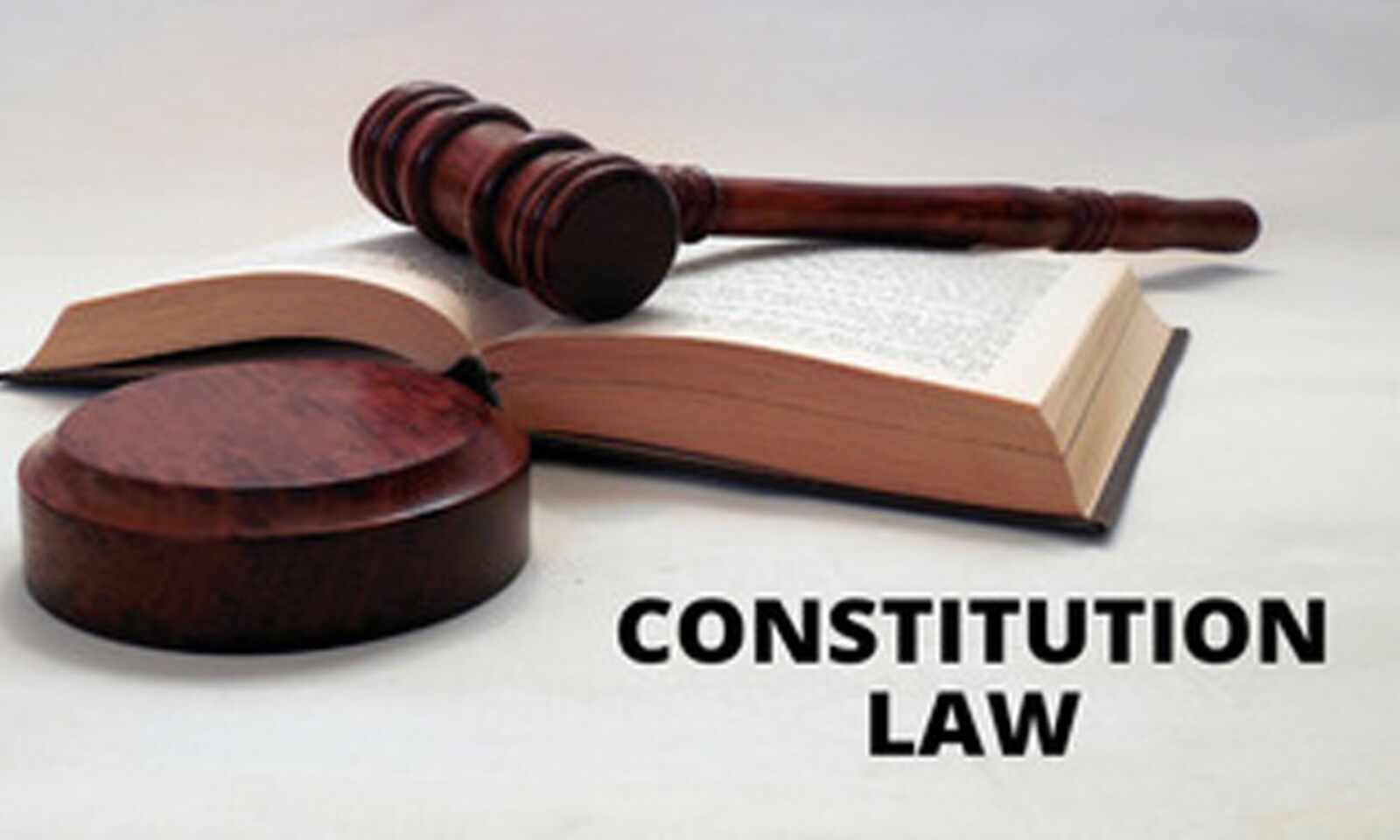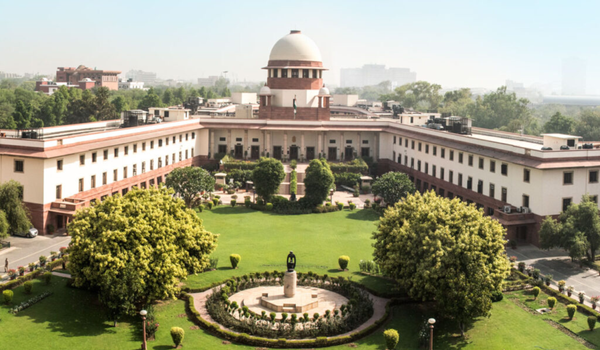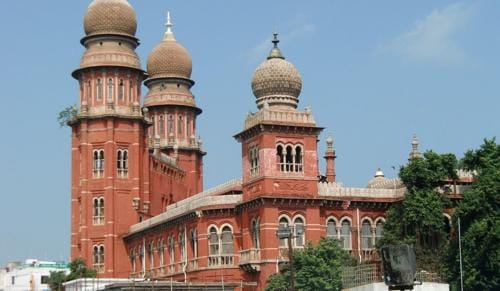Top Supreme Court Constitutional Law Judgments – April 2025 | LegalWiki

Author: Paridhi James, 5th year, Mody University of Science and Technology, Lakshmangarh
Key Supreme Court and High Court Rulings
In April 2025, the Supreme Court of India delivered several landmark rulings that significantly impacted constitutional interpretation, governance, and fundamental rights. Below is a summary of the most important decisions:
1. Justice B.R. Gavai Appointed as 52nd Chief Justice of India
President Droupadi Murmu appointed Justice B.R. Gavai as the 52nd Chief Justice of India, effective May 14, 2025. He becomes the second Dalit to hold the position after Justice K.G. Balakrishnan, marking a historic step toward inclusive judicial representation. Read Here
2. Digital Access Recognised as a Fundamental Right
Case: Amar Jain v. Union of India & Pragya Prasun v. Union of India
The Supreme Court held that the absence of accessible KYC processes for persons with disabilities violates Articles 14, 15, and 21 of the Constitution. It declared digital access to essential services as a part of the right to life under Article 21. Read Here
3. Article 32 Not Available to Government Agencies
Case: ED v. Union of India (Nagarik Apurti Nigam Case)
The Supreme Court ruled that fundamental rights under Article 32 can only be enforced by citizens, not by government bodies like the Enforcement Directorate. It clarified the constitutional scope and limitations of Article 32. Read Details
4. Timeframe Mandated for Governors on State Bills
Case: State of Tamil Nadu v. Governor of Tamil Nadu
The Court ruled that Governors cannot indefinitely delay assent on bills under Article 200 and must act within a reasonable timeframe. It reinforced that Governors are bound by the aid and advice of the Council of Ministers and subject to judicial scrutiny. Read Details.
5. Writ Courts Can Strike Down Subordinate Legislation
Case: Bihar Rajya Dafadar Chaukidar Panchayat v. State of Bihar & Ors.
The Court held that High Courts and Supreme Court can suo motu strike down subordinate legislation violating fundamental rights. It dismissed the challenge to the Bihar Chaukidari Cadre Rules, 2014, affirming constitutional powers of writ courts. Read Details
6. Challenge to Waqf (Amendment) Bill Filed in Supreme Court
Case: Asaduddin Owaisi v. Union of India
AIMIM leader Asaduddin Owaisi filed a petition challenging the Waqf (Amendment) Bill, 2025, alleging violations of Articles 25 and 26. The Bill restricts new waqf creations, removes user protections, and permits non-Muslims on waqf boards. Read Here.
7. Complete Ban on Firecrackers in Delhi-NCR
Case: MC Mehta v. Union of India
Rejecting a seasonal restriction, the Supreme Court imposed a blanket year-round ban on firecrackers in Delhi-NCR. It cited severe pollution and upheld the right to life and environmental protection under Article 21. Read Here.
8. Compensation Ordered for Illegal Demolitions in Prayagraj
Case: Zulfiquar Haider & Anr. v. State of Uttar Pradesh & Ors.
The Court ordered ₹60 lakh compensation to six victims of illegal house demolitions in 2021. It held that the right to shelter is a fundamental right under Article 21 and due process must be followed before demolition. Read Here.
9. Supreme Court Clarifies: Courts Can Modify Arbitral Awards Only in Limited Cases
Case: Gayatri Balasamy v. ISG Novasoft Technologies Ltd
A Constitution Bench clarified that courts can only modify arbitral awards in limited circumstances under Sections 34 and 37 of the Arbitration Act. Justice KV Viswanathan dissented, arguing that no scope for judicial modification exists. Read Here
10. Madras HC Grants Undertrials Right to Attend Relatives' Funeral Without Interim Bail
Case: Sarikathu Nisha v. Superintendent of Prison
The Madras High Court ruled that undertrial prisoners have the right to attend the funeral of close relatives without requiring interim bail, citing Article 25(1) and the principle of humane treatment. The Court held that this right applies equally to convicted and undertrial prisoners and directed Tamil Nadu authorities to issue circulars enabling prison officials to grant temporary leave. Read Here.
11. J&K High Court Affirms Constitutional Right of Adults to Marry by Choice Without Family or Clan Consent
Case: Anamika Devi & Anr. v. Union Territory of Jammu & Kashmir
The Jammu & Kashmir and Ladakh High Court affirmed that two consenting adults have the constitutional right to marry without requiring approval from family, community, or clan. The Court emphasised that the choice of a life partner by consenting adults is a manifestation of their choice recognised under Articles 19 and 21 of the Constitution. Read Here.
12. Bombay High Court Rules Bar Associations Are Not "State" Under Article 12
Case: Kolhapur Bar Association v. Petitioner
The Bombay High Court held that Bar Associations do not qualify as "State" under Article 12 of the Constitution. The court warned that classifying them as “State” would subject internal matters to writ jurisdiction under Article 226, causing administrative chaos. Read Here.
To read more, check out our website legalwiki.co


![Senior Associate at JSA [General Corporate, PQE 3-7 Yrs]: Apply Now!](/content/images/size/w600/2026/02/Legalwiki-5.png)
![Legal Associate at Unilever Bangalore [Contract Lifecyle, PQE 3-5 Yrs]- Apply Now!](/content/images/size/w600/2026/02/Unilever.webp)
